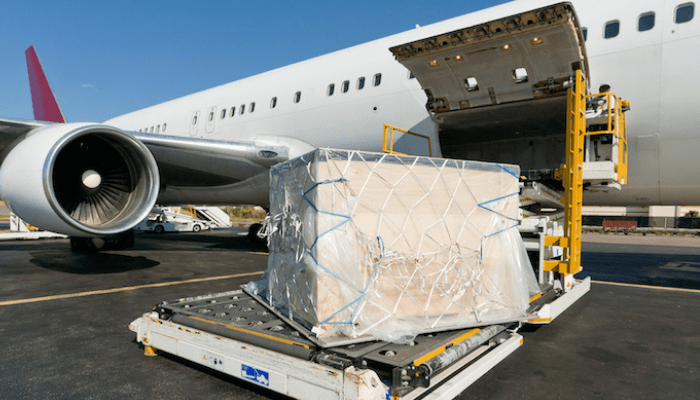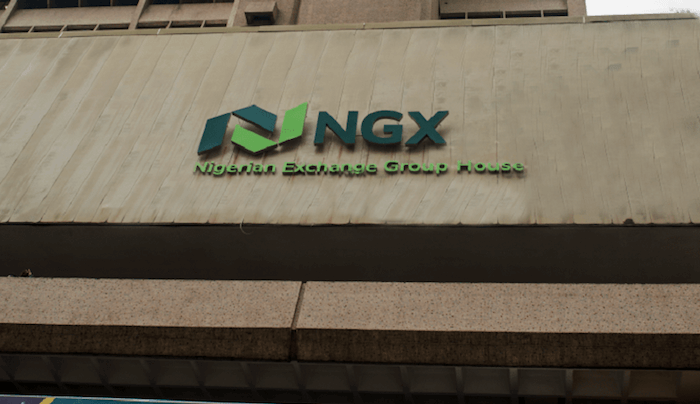The International Air Transport Association (IATA) released September 2021 data for global air cargo markets showing that demand continued to be well above pre-crisis levels and that capacity constraints persist.
As comparisons between 2021 and 2020 monthly results are distorted by the extraordinary impact of COVID-19, unless otherwise noted, all comparisons below are to September 2019 which followed a normal demand pattern.
Global demand, measured in cargo tonne-kilometers (CTKs), was up 9.1 percent compared to September 2019 (9.4 percent for international operations).
Capacity remains constrained at 8.9 percent below pre-COVID-19 levels (September 2019) (-12percent for international operations).
Several factors impacting global air cargo demand should be noted:
Supply chain disruptions and the resulting delivery delays have led to long supplier delivery times. This typically means manufacturers use air transport, which is quicker, to recover time lost during the production process. The September global Supplier Delivery Time Purchasing Managers Index (PMI) was at 36, values below 50 are favorable for air cargo.
Read also: Caverton achieves European certification for simulator, training centre
The September new export orders component and manufacturing output component of the PMIs have deteriorated from levels in previous month but remain in favorable territory. Manufacturing activity continued to expand at a global level but there was contraction in emerging economies.
The inventory-to-sales ratio remains low ahead of the peak year-end retail events such as Single’s Day, Black Friday and Cyber Monday. This is positive for air cargo, however further capacity constraints put this at risk.
The cost-competitiveness of air cargo relative to that of container shipping remains favourable. Pre-crisis, the average price to move air cargo was 12.5 times more expensive than sea shipping. In September 2021 it was only three times more expensive.
“Air cargo demand grew 9.1 percent in September compared to pre-COVID levels. There is a benefit from supply chain congestion as manufacturers turn to air transport for speed. But severe capacity constraints continue to limit the ability of air cargo to absorb extra demand.
“If not addressed, bottlenecks in the supply chain will slow the economic recovery from COVID-19. Governments must act to relieve pressure on global supply chains and improve their overall resilience,” Willie Walsh, IATA’s Director General said.
To relieve supply chain disruptions, including those highlighted by the US on supply chain resilience on the sidelines of last weekend’s G20 Summit, IATA is calling on governments to ensure that air crew operations are not hindered by COVID-19 restrictions designed for air travellers and complement the commitments governments made at the ICAO High Level Conference on COVID-19 to restore international connectivity. This will ramp-up vital cargo capacity with “belly” space.
IATA is also asking governments to provide innovative policy incentives to address labour shortages where they exist.
African airlines’ saw international cargo volumes increase by 34.6 percent in September, the largest increase of all regions for the ninth consecutive month. Seasonally adjusted volumes are now 20 percent above pre-crisis 2019 levels but have been trending sideways for the past six months. International capacity was 6.9percent higher than pre-crisis levels, the only region in positive territory, albeit on small volumes.











